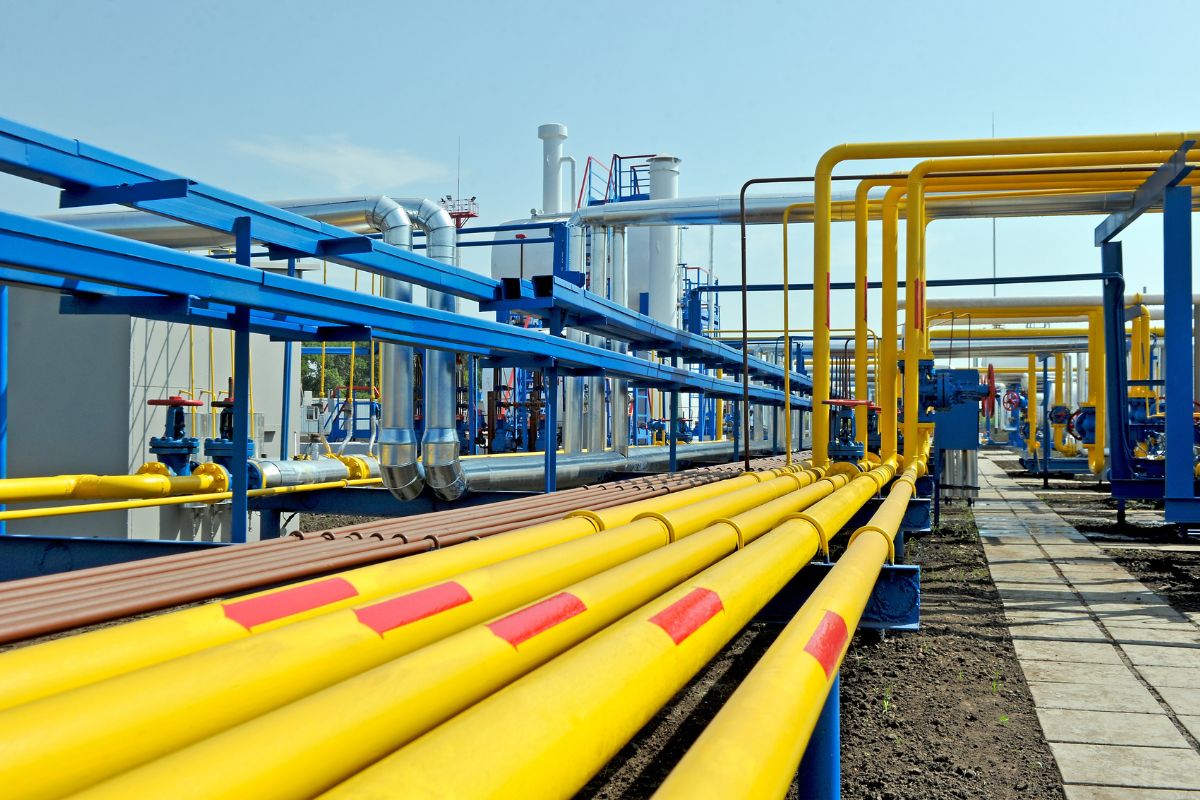The Ukraine crisis has sent the European Union scrambling for new gas supplies, generating fresh interest in gas pipelines from Central Asia and West Asia via Turkey. There is talk among experts of Turkey potentially emerging as the gas hub for Europe as the EU puts into place its plan to end its energy dependence on Russia by 2027. In a recently published article, Amit Bhandari and Saeeduddin Faridi of the think-tank Gateway House argue that to develop alternative, viable supply sources, Turkey will be the key to connect suppliers from these regions to European markets.
A number of gas pipelines already proposed and lying dormant are now being looked at again, and Ankara is encouraging this exploration of options. It stands to gain economically from these projects if they are implemented; strategically, too, Turkey will benefit by having a say in Europe’s energy architecture. Bhandari and Faridi point out that while Russia has the world’s largest natural gas reserves, there are other significant reserves in Turkey’s neighbourhood ~ in Iran, Qatar, Turkmenistan, and Israel in particular.
Advertisement
Of these, Qatar is a major producer and exporter of liquified natural gas. Iran’s natural gas reserves will need investment, being largely undeveloped due to long-standing and stringent sanctions. Turkmenistan’s gas reserves are aplenty but undeveloped as the country is landlocked and lacks market access. Israel’s gas discoveries are recent, and still being developed. But practical difficulties abound. Iran is sanctioned, Turkmenistan is a Russian ally, and Qatar seems to be disinterested in pipelines. These shelved projects may get a new lease of life given the current situation in Europe. But EU foreign policy will need to pivot towards engaging with these nations if it wants to diversify its gas supply.
The so-called Persian Pipeline proposed in 2008 which was meant to supply gas from Iranian gas fields to European buyers was always the economically most viable. As Bhandari and Faridi write, Iran has a direct border with Turkey, which provides transit to Europe, and already sells natural gas to Turkey via the Tabriz-Ankara pipeline. But can the EU realistically be expected to go against the Americans and try and dilute the West’s sanctions regime against Tehran to ensure its energy security?
Any move to access gas from Iran will invite pushback from Washington ~ American LNG exporters have benefitted from the increase in gas prices, and relaxing sanctions against Iran to facilitate gas for Europe will hurt this trade. The Qatar-Turkey Pipeline seems to be a non-starter with the Qataris having shifted to LNG and using ships to transport it given differences with neighbour Saudi Arabia which has sealed the border.
The Southern Gas Corridor (Azerbaijan-TurkeyItaly) is functional, and the EU is looking to increase gas supply via this route, but this will not even provide 10 per cent of the gas that Russia currently supplies. The proposed Trans-Caspian Pipeline would connect Turkmenistan, which is across the Caspian Sea from Azerbaijan, to the pipeline network in Azerbaijan and then via Georgia and Turkey to Europe. Such a project could, in theory, replace a significant part of present Russian gas supply to Europe but then the Caspian Sea is not an international waterway, which has its own complications.
















